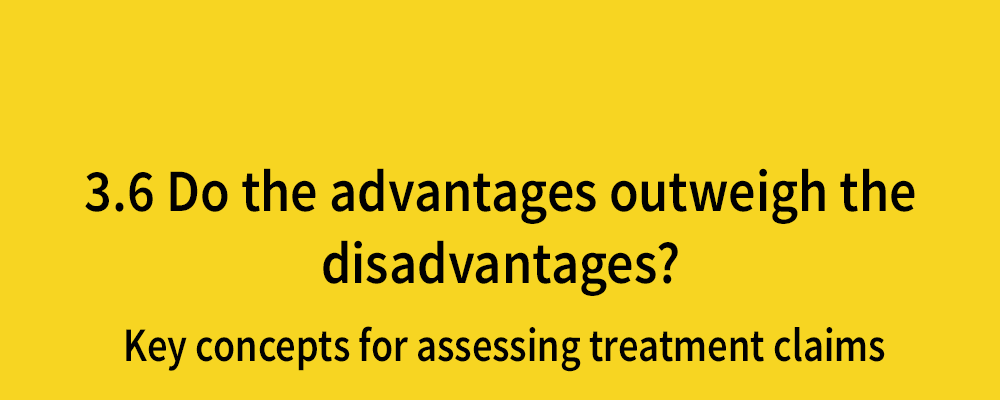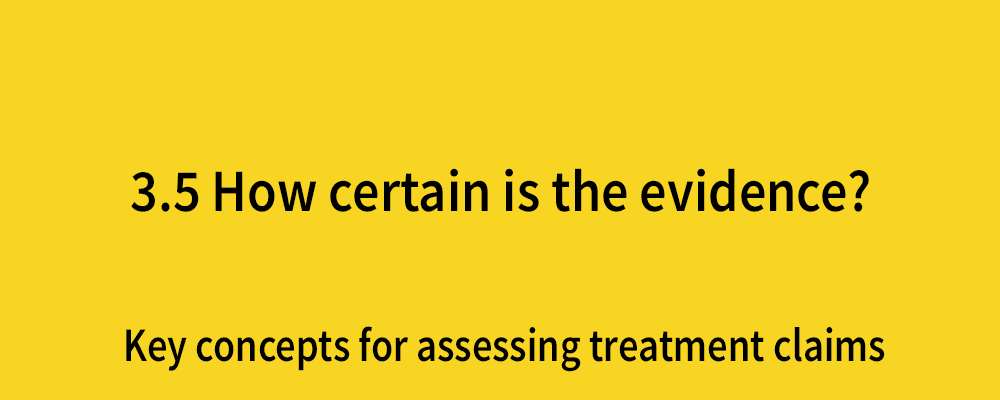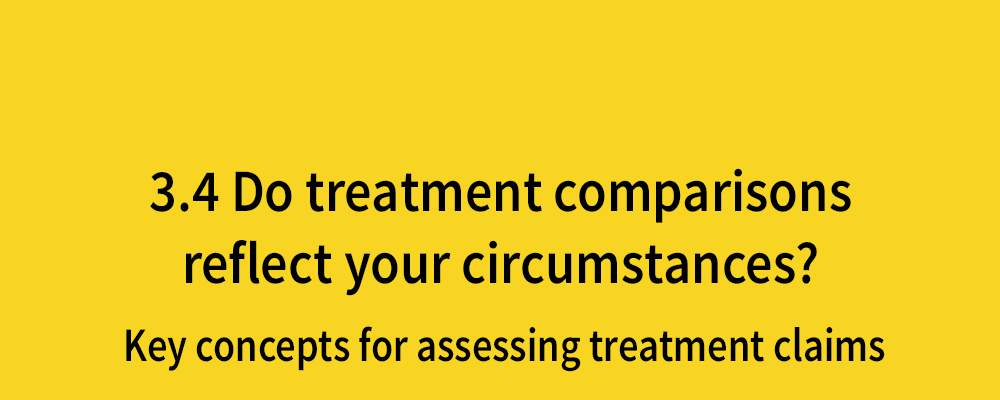Beware of conflicting interests
Posted on 10th July 2017 by Eero Teppo

This is the seventh in a series of 36 blogs based on a list of ‘Key Concepts’ developed by an Informed Health Choices project team. Each blog will explain one Key Concept that we need to understand to be able to assess treatment claims.
Conflicting interests are a pretty inflammatory issue in the field of healthcare. It’s easy to be too naïve, too nihilistic, or just confused about this problem. So what are conflicting interests and why are they a problem?
Where’s the danger, exactly?
Conflicting interests are “circumstances that create a risk that professional judgments or actions regarding a primary interest will be unduly influenced by a secondary interest”. The primary interest for us – as (future) healthcare professionals – is to make the best treatment decisions. This requires us to take account of: 1) the best available research evidence; 2) our patients’ preferences; 3) our clinical judgement. Being ‘disinterested’ (i.e. not being influenced by considerations of personal advantage) is the hallmark of good research and practice.
However any number of factors could affect a researcher or clinician’s judgement and make it difficult for them to remain impartial. For example, income, rewards or gifts from pharmaceutical companies or sponsors of drugs and medical devices. Career prospects and power could also be sources of conflicting interests. Conflicting interests may not necessarily be tangible. They could arise from commitments, gratitude, respect, loyalty, ideologies, political or religious beliefs. Any of these can be problematic because they can bias the decisions researchers and clinicians make. This can harm patients.
Conflicting interests can lead to a distorted evidence base…
Conflicting interests can lead to sponsor and/or researcher bias. There is a myriad of ways to make conclusions misleading in one’s favour. This can range from out-and-out fraud to more subtle, subconscious biases. Indeed biased researchers may – intentionally or unintentionally – make use of other types of bias in pursuit of their vested interests. Among other types of bias, these may include: 1) design bias (where a study is designed in favour of the sponsor’s treatment); 2) analysis bias (where the methods of analysis are chosen in favour of the sponsor’s treatment); 3) and/or reporting bias (where a researcher might ‘spin’ the results of a study to overstate the benefits of a treatment and/or understate the potential harms).
Biased sponsors or researchers may also choose not to publish their study if it does not paint their own results for a particular treatment in a favourable light. Given that there is often considerable uncertainty about which is the most favourable treatment anyway, conflicting interests only add to the confusion.
A Finnish medical student’s confessions…
I’ve had a few nice dinners and breakfasts paid for by a pharmaceutical company in medical school. Now, I do not attend any of these. I think it’s just unnecessary and terrible practice.
The accompanying lectures were about the company and some of their products. One representative encouraged us to buy shares in the company. A big selling point was that the company is Finnish; they were trying to tap into our patriotism. So the representative not only tried to create a financial relationship via stocks and shares, but she also tried to convince us that the country in which a treatment is produced should somehow matter to us. Just another conflicting interest.
At the time, the food and free samples didn’t feel so wrong. But patients are ultimately paying for this.
The most critical thing I heard about this routine practice was from a clinical teacher who warned us that “there are no free meals”. But people think: how does all of this cause any unacceptable harm?
Well, what my clinical teacher implied is this: by attending such events, you allow marketing professionals with obvious interests to spin your emotions and memories when your interest should be only that of patients. The aim of such events is simple: to make us think favourably about a company’s product(s). But we should really favour their product only if it has been demonstrated to be a favourable product in fair, systematic reviews of the evidence!
Looking at the bigger picture, the pharmaceutical industry carries out marketing in various other forms as well. Moreover, companies are frequently fined for marketing in illegal manners.
What’s the evidence?
So how do we know that conflicting interests distort the evidence base and influence decision-making, and what’s the likely impact? In short, the evidence tells us that:
- Industry-sponsorship is associated with pro-industry conclusions in research (i.e. studies sponsored by industry are significantly more likely to have conclusions which favour the sponsor’s drug or device than studies not funded by a sponsor).
- Industry-sponsored studies have been found to have more restrictions on publication and data sharing than non industry-sponsored studies.
- A systematic review of pharmaceutical adverts in medical journals revealed that some pharmaceutical ads included misleading and ambiguous claims. When providing information about risk, these adverts mostly presented relative risk reductions only (and not absolute risk reductions). This is misleading.
- In a study exploring the association between industry payments to physicians and the prescribing of brand-name vs. generic statins for lowering cholesterol, industry-payments were associated with higher rates of prescribing the brand-name statins. That is, physicians prescribed more of the brand-name statin the more funding they received from the sponsor.
- Some clinical guideline developers thought their own, and especially their co-authors’, ties (e.g. to pharmaceutical companies) affect the development of guidelines.
I could go on, with numerous other studies indicating that conflicting interests can distort the evidence base and affect healthcare decision-making. Ultimately, we should all be careful not to be misled by claims made by those with conflicting interests.




